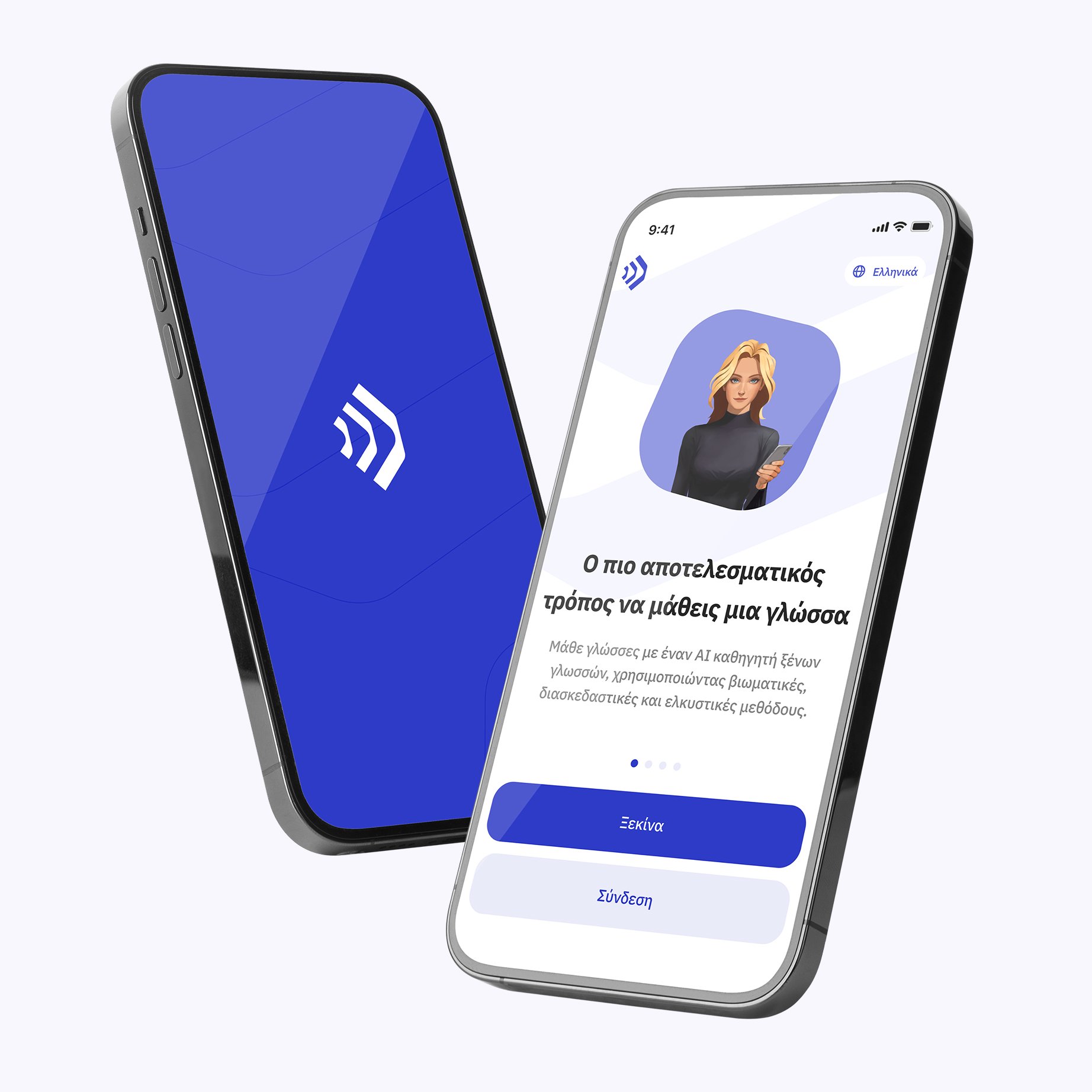Άσκηση 1: Δεύτερος Όρος – Θετικές Προτάσεις
2. If she *knew* the answer, she *would tell* us immediately. (Υποθετική κατάσταση στο παρόν)
3. If we *lived* closer to the beach, we *would go* swimming every day. (Μιλήστε για υποθετική κατάσταση)
4. If he *were* taller, he *would play* basketball professionally. (Σημείωση: για το “to be” στο δεύτερο όρο, χρησιμοποιούμε “were”)
5. If they *had* a car, they *would drive* to work. (Δεύτερος όρος, πιθανή υποθετική κατάσταση)
6. If you *studied* harder, you *would pass* the exam. (Συνθήκη με παρελθοντικό απλό και would)
7. If I *won* the lottery, I *would buy* a big house. (Υποθετική ευχή για το μέλλον)
8. If she *spoke* French, she *would work* in Paris. (Υποθετική ικανότητα)
9. If we *could* fly, we *would visit* many countries. (Αδύνατη υποθετική κατάσταση)
10. If he *were* here now, he *would help* us. (Υποθετική κατάσταση στο παρόν με το ρήμα to be)
Άσκηση 2: Δεύτερος Όρος – Αρνητικές και Ερωτηματικές Προτάσεις
2. If she *weren’t* busy, she *would join* us for dinner. (Αρνητική με το “to be”)
3. If they *didn’t live* far away, they *would visit* us more often. (Αρνητική υποθετική κατάσταση)
4. If you *weren’t* afraid, you *would try* new things. (Αρνητική πρόταση με το “to be”)
5. If he *didn’t forget* his keys, he *would come* inside easily. (Αρνητική πρόταση στο παρελθόν)
6. Would you *go* to the party if you *were* invited? (Ερωτηματική πρόταση στον δεύτερο όρο)
7. If she *didn’t feel* sick, would she *come* with us? (Ερωτηματική με αρνητική υποθετική κατάσταση)
8. If we *hadn’t missed* the bus, would we *arrive* on time? (Ερωτηματική με past simple αρνητικό)
9. Would he *help* you if you *asked* him? (Ερωτηματική με δεύτερο όρο)
10. If I *were* you, would I *accept* the job offer? (Ερωτηματική με ρήμα to be)










